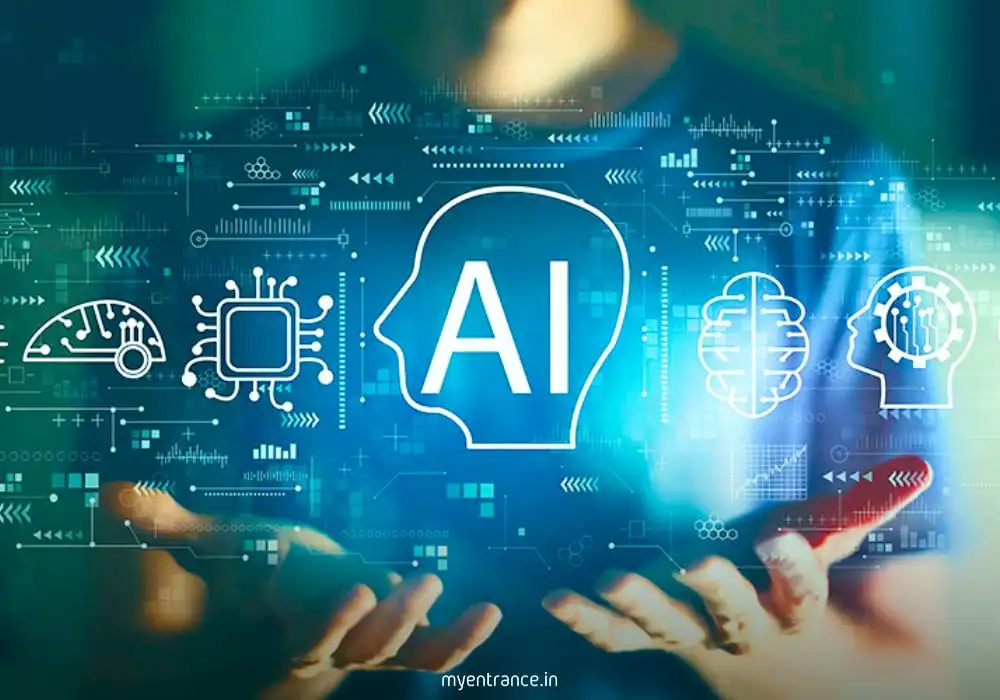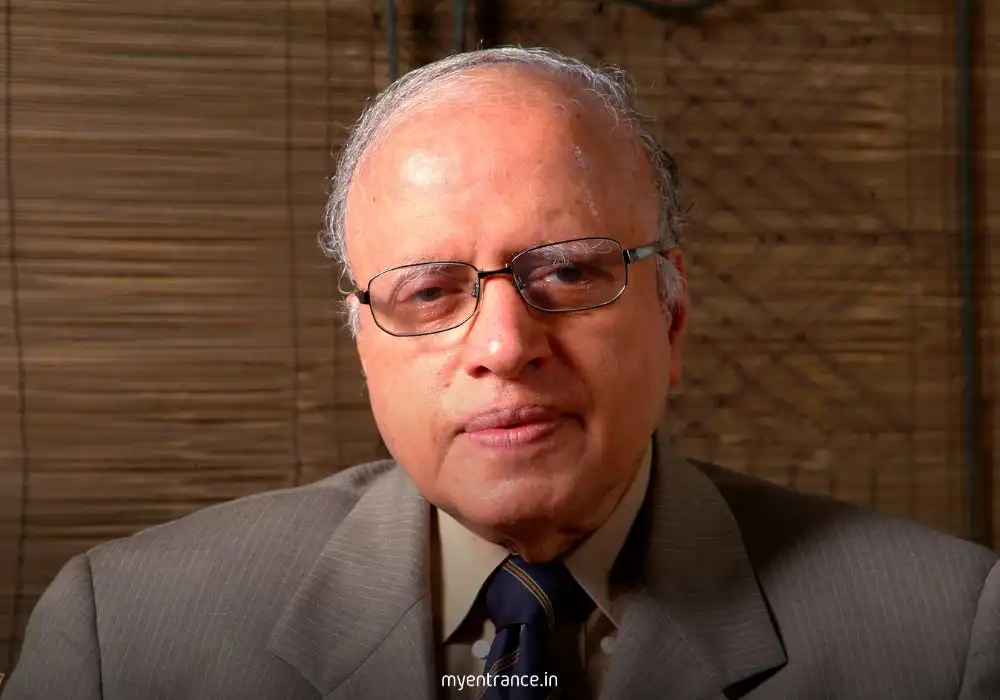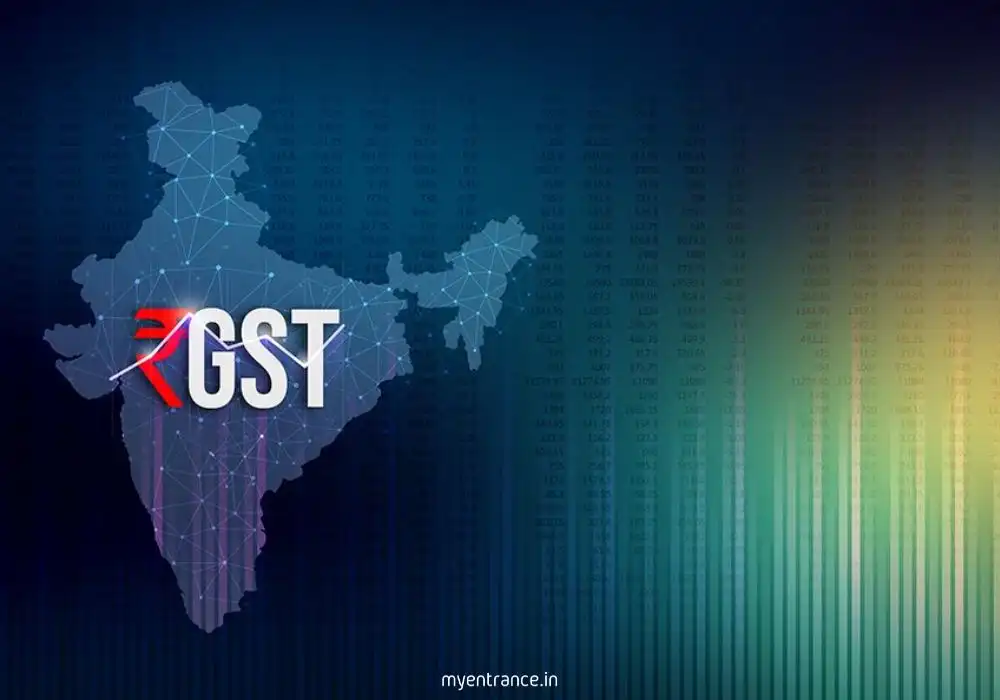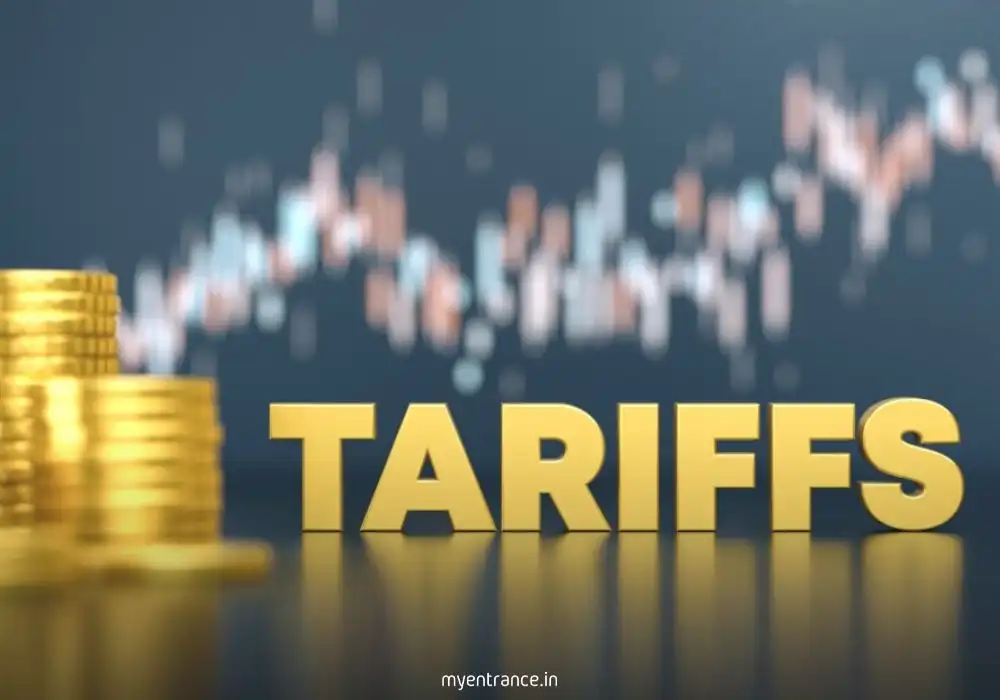Translate Language
Understanding Artificial Intelligence (AI): A Comprehensive Guide for Competitive Exams
Artificial Intelligence (AI) is revolutionizing industries, education, and daily life. For aspirants preparing for competitive exams like UPSC, SSC, PSC, NIFT, NID and others, understanding AI is crucial—not just for general knowledge but also for tech-driven questions in current affairs and reasoning sections. This article breaks down AI in an exam-friendly manner, covering its definition, types, real-world applications, and ethical challenges.

About Artificial Intelligence (AI)
What is AI?
Artificial Intelligence (AI) is a branch of computer science that aims to create machines capable of performing tasks that usually require human intelligence. These tasks include:
Reasoning & Problem-Solving – AI systems analyze data to make decisions.
Learning & Adaptation – Machine learning allows AI to improve from experience.
Natural Language Processing (NLP) – Enables chatbots like ChatGPT to understand human language.
Pattern Recognition – Used in facial recognition and fraud detection.
The term “Artificial Intelligence” was first introduced in 1956 by John McCarthy, a pioneer in the field, during the historic Dartmouth Conference, which laid the foundation for AI research.
Types of AI
AI can be categorized into two main types:
Narrow AI (Weak AI)
Designed for specific tasks (e.g., Siri, Alexa, Google Search).
Operates within a limited scope and cannot perform beyond its programming.
Most AI applications today fall under this category.
General AI (Strong AI)
Hypothetical AI with human-like reasoning abilities.
Can learn, adapt, and perform any intellectual task a human can.
Still under research and not yet achieved.
How AI Works: Machine Learning & Deep Learning
Machine Learning (ML): AI systems learn from data without explicit programming. Example: Spam filters improving over time.
Deep Learning (DL): A subset of ML using neural networks to process complex data (e.g., self-driving cars, medical imaging).
AI Applications Across Industries
AI is transforming multiple sectors, including:
Healthcare: AI-powered diagnostics, drug discovery, and robotic surgeries.
Finance: Fraud detection, algorithmic trading, and chatbots for customer support.
Transportation: Self-driving cars and optimized traffic management.
Education: Personalized learning platforms and automated grading systems.
Agriculture: AI-driven crop monitoring and yield prediction.
Ethical & Social Challenges of AI
While AI offers immense benefits, it also raises concerns:
Job Displacement: Automation may replace certain jobs.
Bias in AI: Algorithms can reflect human prejudices if trained on biased data.
Privacy Risks: Mass surveillance and data misuse.
Autonomous Weapons: Ethical concerns over AI in warfare.
Organizations like UNESCO and the European Union are developing ethical AI guidelines to ensure responsible innovation.
Questions & Answers for Competitive Exams
Who coined the term “Artificial Intelligence”?
Answer: John McCarthy in 1956.
What is the difference between Narrow AI and General AI?
Answer: Narrow AI performs specific tasks (e.g., Siri), while General AI (still theoretical) can perform any intellectual task like a human.
Which AI technique is inspired by the human brain’s structure?
Answer: Deep Learning (uses neural networks).
Name one application of AI in healthcare.
Answer: AI-assisted medical imaging for disease detection.
What are the ethical concerns related to AI?
Answer: Job loss, algorithmic bias, privacy violations, and misuse in autonomous weapons.
Final Thoughts
AI is a game-changing technology with vast potential, but its development must be guided by ethical principles. For competitive exam aspirants, staying updated on AI trends is essential for both objective and descriptive answers.
For more study resources, daily quizzes, and mock tests, visit MyEntrance.in—your one-stop destination for exam preparation!
Get 3 Months Free Access for SSC, PSC, NIFT & NID
Boost your exam prep!
Use offer code WELCOME28 to get 3 months free subscription. Start preparing today!














